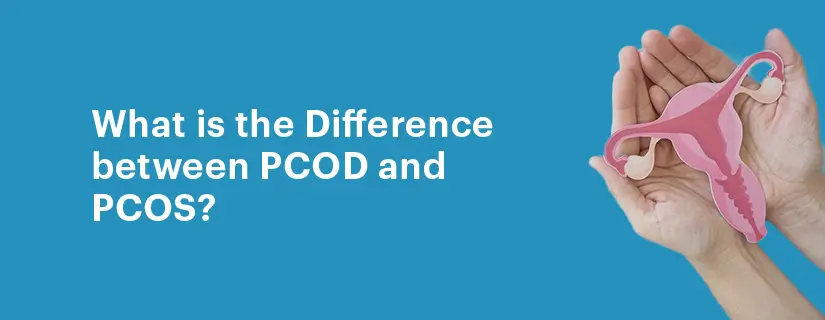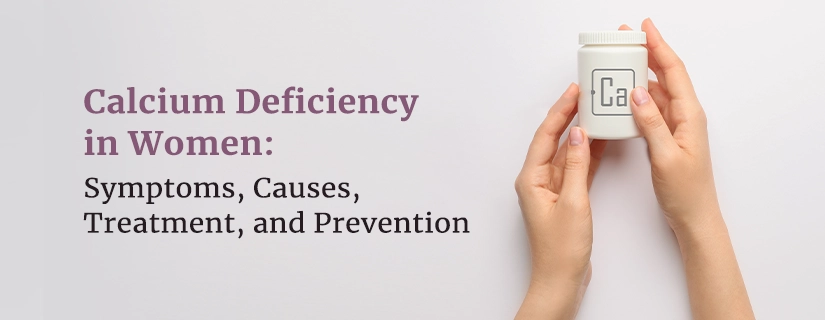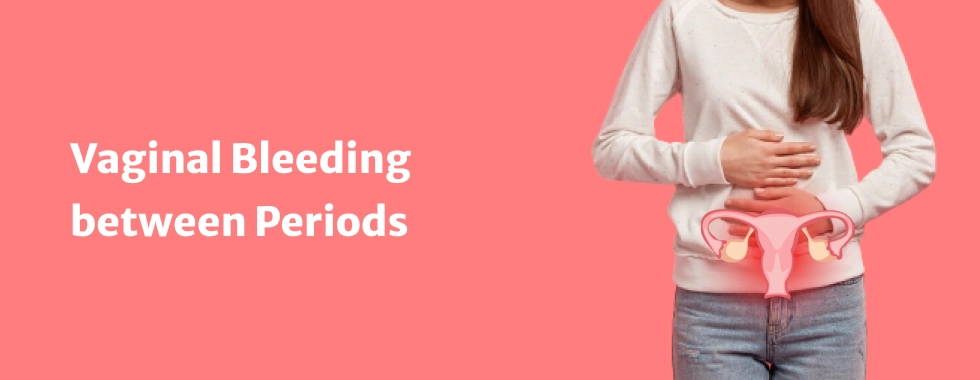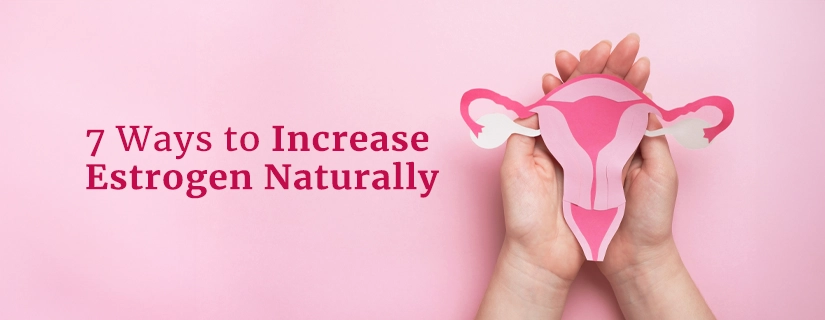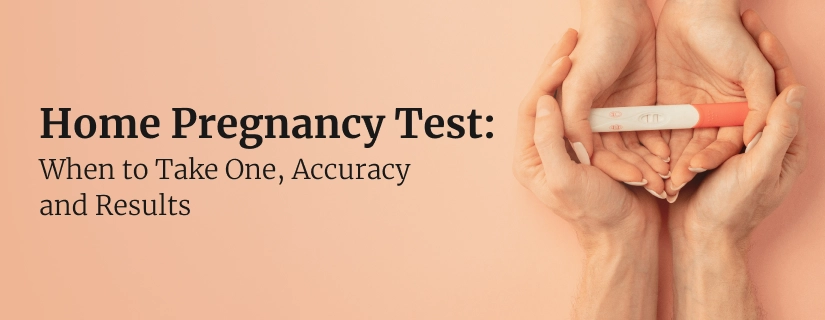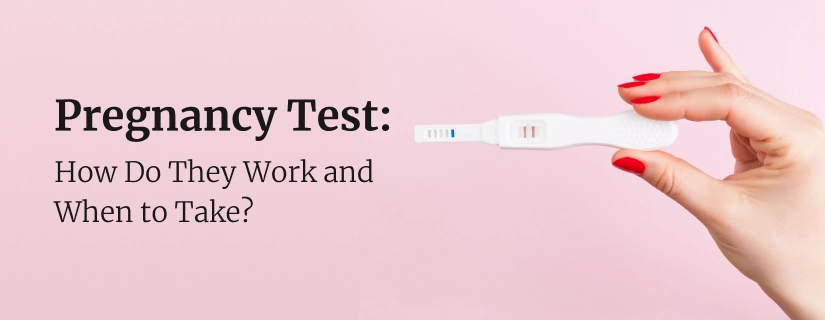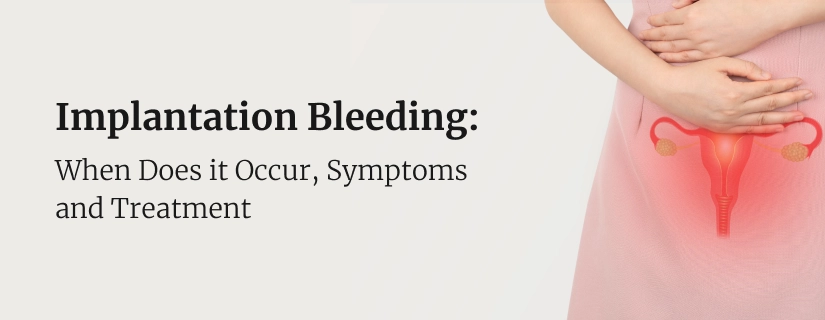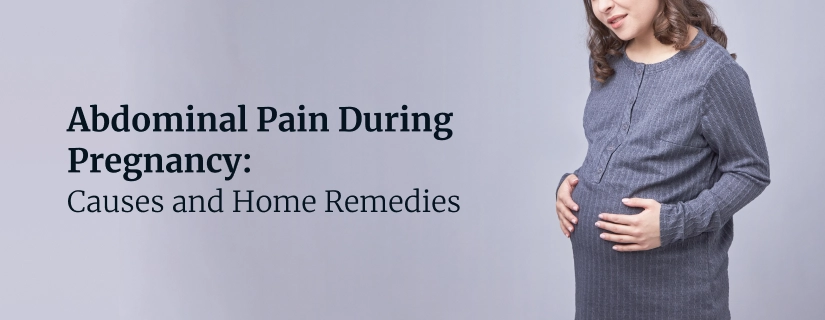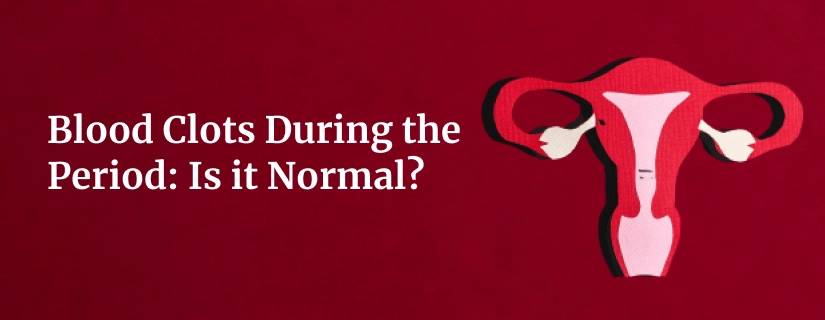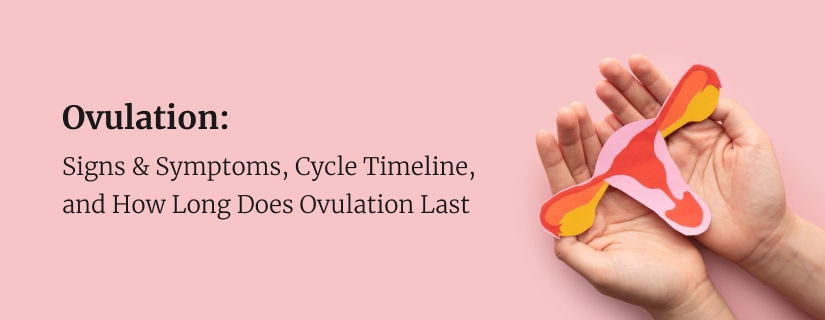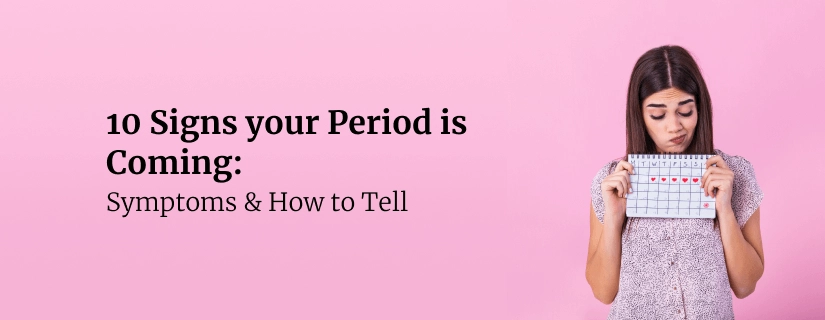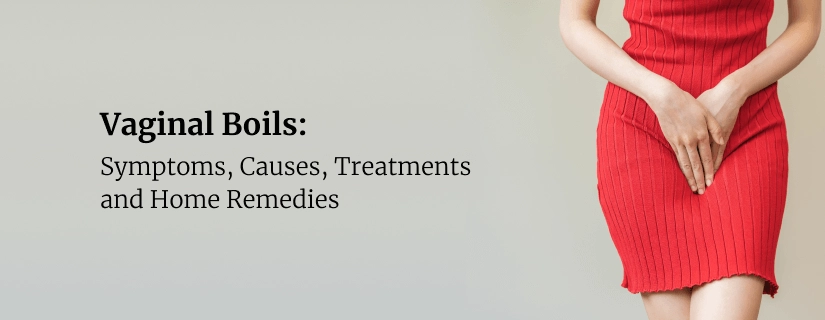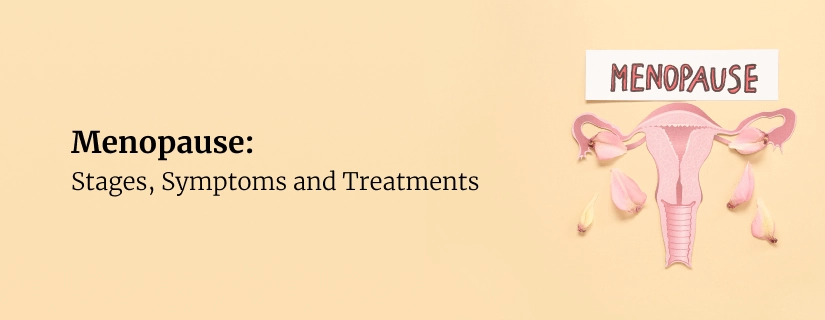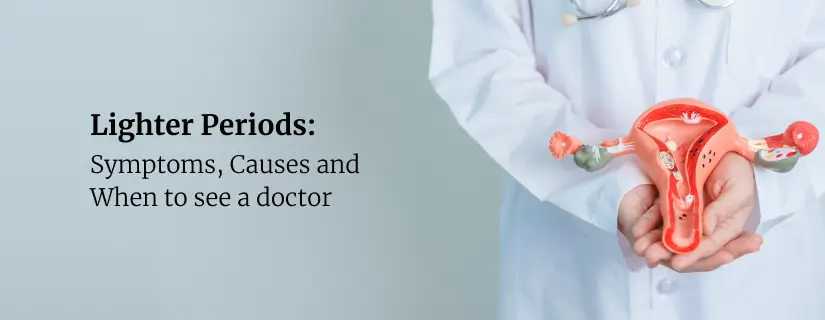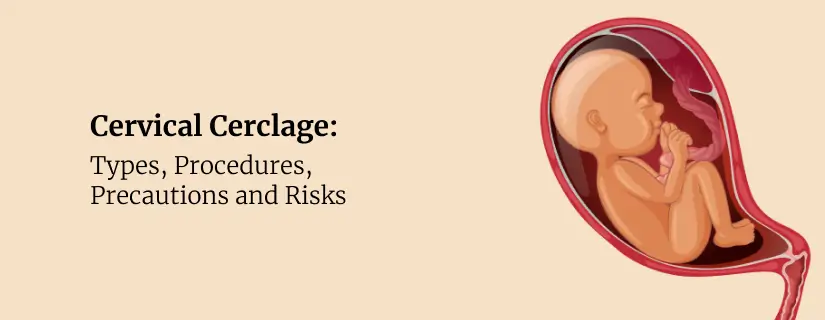-
Doctors
-
Specialities & Treatments
Centre of Excellence
Specialties
Treatments and Procedures
Hospitals & Directions HyderabadCARE Hospitals, Banjara Hills CARE Outpatient Centre, Banjara Hills CARE Hospitals, HITEC City CARE Hospitals, Nampally Gurunanak CARE Hospitals, Musheerabad CARE Hospitals Outpatient Centre, HITEC City CARE Hospitals, Malakpet
HyderabadCARE Hospitals, Banjara Hills CARE Outpatient Centre, Banjara Hills CARE Hospitals, HITEC City CARE Hospitals, Nampally Gurunanak CARE Hospitals, Musheerabad CARE Hospitals Outpatient Centre, HITEC City CARE Hospitals, Malakpet Raipur
Raipur
 Bhubaneswar
Bhubaneswar Visakhapatnam
Visakhapatnam
 Nagpur
Nagpur
 Indore
Indore
 Chh. Sambhajinagar
Chh. SambhajinagarClinics & Medical Centers
Book an AppointmentContact Us
Online Lab Reports
Book an Appointment
Consult Super-Specialist Doctors at CARE Hospitals
Why Is My Period Late? 7 Reasons You Need to Know
Updated on 21 June 2024
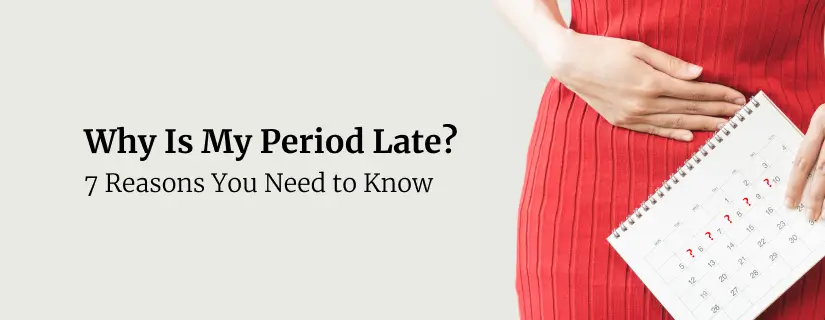
Menstrual cycles can differ depending on the individual. If a person has a late period occasionally, it's not a cause for concern. However, periods that are too inconsistent, irregular, or absent call for medical attention. If a woman has not had her period for more than a week from her expected date, it's advisable to take a pregnancy test (if pregnancy is a possibility). If you are wondering how many days late can a period be- we have discussed all of it in this blog.
In this blog, we have discussed the reasons why periods can be late and when you should consult a doctor.
When Is A Period Late?
The menstrual cycle is an important aspect of reproductive health, serving as a monthly indicator of a woman's fertility. The average menstrual cycle length is often cited as 28 days. But this number can majorly vary depending on individuals. A normal menstrual cycle ranges from 21 to 35 days in adults and 21 to 45 days in young teens. The period's start date is considered the first day of the cycle. A period is said to be late if it hasn't started for 7 days or more beyond the expected start date.
- One of the most common reasons for delayed periods is pregnancy, if you're sexually active. If your period is late, taking a pregnancy test can help determine if pregnancy is the cause.
- Consistent irregular periods or missed periods for months at a time hint towards a condition known as amenorrhea, and it's advisable to seek medical advice in this case.
Causes of a Late Period
Here are some reasons for late period:
- Stress: Excessive stress can disrupt your hormonal balance, affecting your hypothalamus - an area of the brain responsible for regulating your period. This disruption can lead to a delayed or missed period as your body's response to stress.
- Weight Fluctuations: Significant weight loss or gain can affect your menstrual cycle. Being underweight can cause your body not to produce enough estrogen to complete the menstrual cycle while being overweight can also disrupt your cycle.
- Polycystic Ovary Syndrome (PCOS): PCOS is a condition characterized by an imbalance in female sex hormones. It can cause cysts on the ovaries, disrupt ovulation, and lead to irregular menstrual cycles, including delayed periods.
- Thyroid Disorders: Both hyperthyroidism (overactive thyroid) and hypothyroidism (underactive thyroid) are also the reasons why periods can be late. The thyroid gland plays a key role in regulating the body's metabolism, which affects your menstrual cycle.
- Exercise: Excessive exercise can lead to a decrease in body fat that is too low to support a menstrual cycle, resulting in a condition known as amenorrhea. Even without significant weight loss, the physical stress of excessive exercise can delay your period. Birth Control: Starting, stopping, or changing birth control methods can influence your menstrual cycle. Hormonal birth control works by regulating the hormones necessary for ovulation and menstruation, and changes can lead to a delayed period.
- Chronic Conditions: Chronic conditions such as celiac disease or diabetes can affect your menstrual cycle. Also, poorly controlled diabetes can lead to irregular periods, while celiac disease can cause nutrient deficiencies that disrupt your cycle.
What Do I Do When My Period Is Late?
Delayed periods can lead to anxiety or confusion. Here's what you can do to deal with your delayed periods:
- Review Lifestyle Changes: Significant weight loss or gain, increased exercise, travel, or stress can all affect your menstrual cycle. Understanding these factors can help explain changes in your cycle and guide your next steps.
- Track Your Cycle: If you're not already, start tracking your menstrual cycle. This can help you identify any patterns or irregularities in your cycle. Use a calendar, diary, or a dedicated app to keep track of your period dates, symptoms, and any lifestyle changes.
- Take a Pregnancy Test: If there's any chance you could be pregnant, taking a home pregnancy test can provide a quick answer.
- Health Condition: Some health conditions like polycystic ovary syndrome (PCOS), thyroid disorders, or hormonal imbalances can cause irregular periods.
- Consult a Healthcare Provider: If your period is more than a week late without an apparent reason, consult a healthcare provider.
When To See A Doctor and What are the Treatment Options?
If your period is late by several days and is usually regular, or you miss two or more periods, consider seeing a doctor.
Treatment options may include:
- Hormonal therapies: Birth control pills or hormone therapy to regulate menstrual cycles.
- Lifestyle adjustments: Diet, exercise, and stress management changes to improve hormonal balance.
- Medication for underlying conditions: Treatment for thyroid issues, polycystic ovary syndrome (PCOS), or other health problems affecting menstruation.
- Surgical interventions: Rarely, for structural abnormalities of the reproductive system.
- Fertility treatments: If pregnancy is desired but irregular periods are a barrier, hence to be treated, as early as possible.
Conclusion
Several factors, including stress, weight changes, exercise, and health conditions like PCOS and thyroid disorders can influence a late period. While occasional fluctuations in the menstrual cycle are common, consistently irregular periods require medical assistance. Seeking medical advice is crucial when periods are significantly late, accompanied by unusual symptoms, or when underlying health issues are possible.
FAQs
Q1. Is it normal for my period to be late?
Ans. A delayed period of 3-4 days is considered normal. But, if it is more than 5-6 days, seek medical attention immediately.
Q2. How much delay is normal in the period?
Ans. Usually, your period must start within 24-48 hours of the starting date. However, it is advisable to wait for 4-5 days.
Q3. How long after you miss your period should you worry?
Ans. You must consult a healthcare provider if you have not had your period for 7 days or more.

ENQUIRY FORM
SELECT CATEGORIES
-
Neurosciences (16)
-
Neurology (37)
-
Neurosurgery (14)
-
Orthopaedics (48)
-
Oncology (33)
-
Obstetrics and gynecology (52)
-
Pulmonology (23)
-
Urology (20)
-
Nephrology (13)
-
Psychiatry (7)
-
Dietetics and Nutrition (111)
-
General Medicine (63)
-
Cardiac Sciences (32)
-
Vascular & Endovascular Surgery and Interventional Radiology (15)
-
Gastroenterology (46)
-
Endocrinology (23)
-
Plastic Surgery (10)
-
Critical Care Medicine (5)
-
COVID-19 (16)
-
Dermatology (16)
-
Emergency Care (1)
-
Ophthalmology (4)
-
Pediatrics (14)
-
Laparoscopic and Bariatric Surgery (8)
-
ENT (15)
-
Kidney Transplant (1)
-
Liver Transplantation and Hepatobiliary Surgery (5)
-
General Surgery (3)
-
Internal Medicine (5)
-
Medicine Information
Black Stool During Pregnancy: Causes, Diagnosis and Prevention
Anterior Placenta: Symptoms, Causes, Risks and Treatment
YOU MAY ALSO LIKE
RECENT BLOGS
-

Preterm Birth (Premature Birth): Symptoms, Causes, Treatment and Prevention
13 May 2025
Read More
-

Rotablation Angioplasty: Benefits, Treatments, And Recovery Time
9 May 2025
Read More
-

What Is The Difference Between IUI and IVF?
9 May 2025
Read More
-

Venous Malformations: Causes, Symptoms, and Treatment
30 April 2025
Read More
-

Varicose Vein Foam Sclerotherapy: Treatment, Benefits, and Procedure
30 April 2025
Read More
-

Radiofrequency (RF) Ablation Treatment for Varicose Veins: Know More
30 April 2025
Read More
-

Varicose Vein Sclerotherapy: Treatment, Benefits, and Procedure
30 April 2025
Read More
-

Varicose Vein Endovenous Laser Ablation: Procedure, Benefits, Risks
30 April 2025
Read More
Have a Question?
If you cannot find answers to your queries, please fill out the enquiry form or call the number below. We will contact you shortly.

















